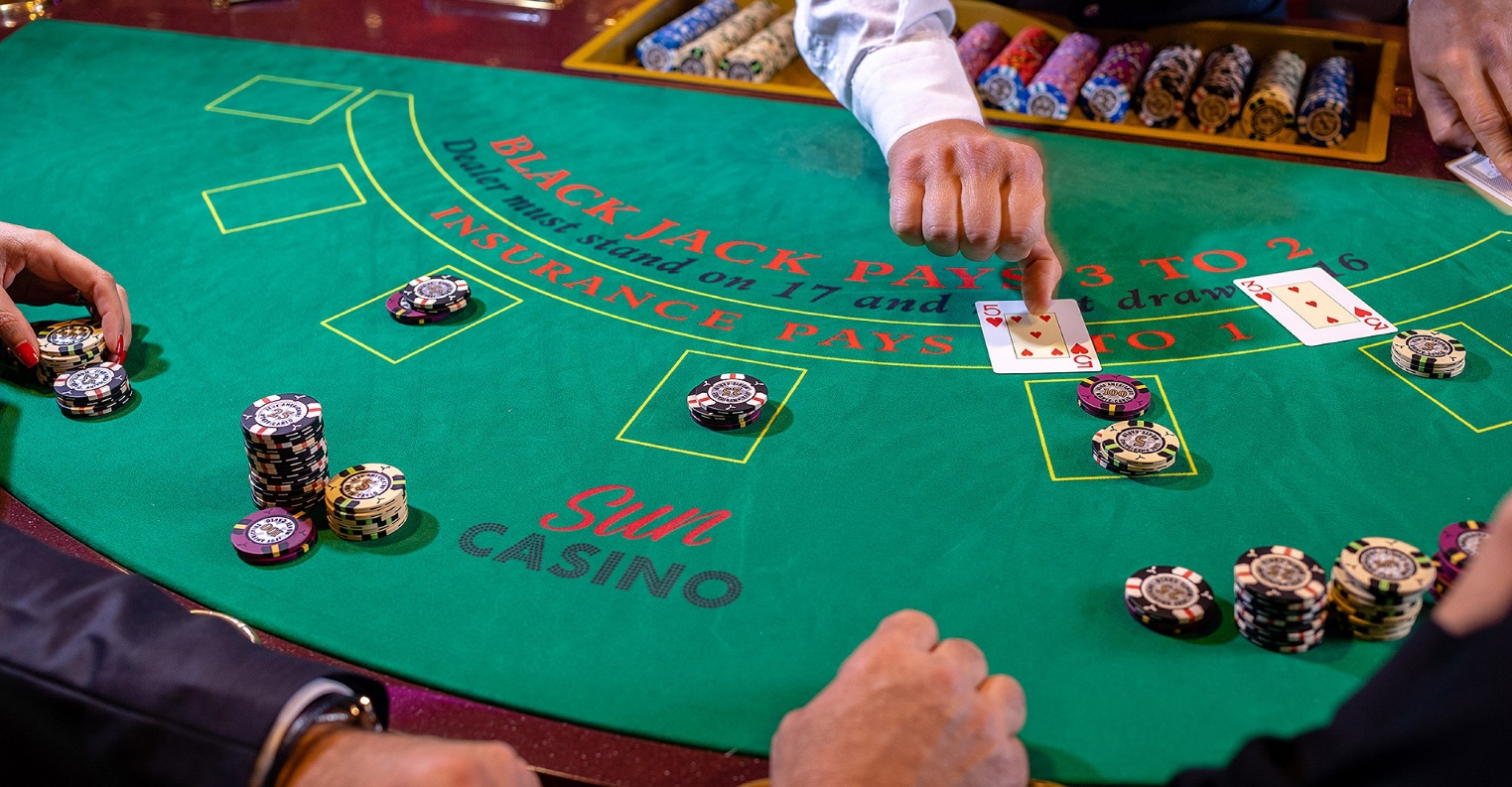
Casino games have fascinated players for ages, drawing them into a world of excitement, chance, and wealth. From the sparkling lights of gambling machines to the strategic nature of poker tables, these experiences offer a distinct mixture of fun and hazard. However, beneath the surface of this glamour and style lies a sophisticated relationship of math that influences every result and decision made within the gaming hall.
Understanding this relationship between gambling games and numerical principles merely enhances the player’s journey but can also help participants make informed decisions. Whether you are a recreational gambler or a dedicated enthusiast, recognizing the mathematical principles at play can offer insightful knowledge into likelihood, ratios, and tactics, finally influencing how one tackles these games of chance.
Arithmetic Probability in Betting
In the world of casino games, mathematical probability plays a critical role in assessing outcomes and guiding gambler choices. Each activity has a unique set of regulations and a specific probability model that influences its mechanics. For instance, in games like roulette, players must grasp the chances of choosing a certain digit or shade. The likelihood of specific events occurring can be assessed, and this understanding can greatly affect wagering tactics.
Gambers also need to be cognizant of the casino advantage, which is the mathematical benefit that gambling establishments hold over gamblers in the long term. This edge varies across various games. In 21, skilled players can use strategies to minimize the casino advantage to as little as one percent, while in games like slots, the casino advantage can be substantially larger. Comprehending the house edge allows gamblers to make informed choices about which games to participate in and how much to wager.
Furthermore, likelihood is essential in the concept of risk versus reward in gambling. Every wager carries a certain danger level, and gamblers must evaluate the potential return against that danger. Games like poker require players to not only assess the chances of their own showing winning but also to assess the likelihoods of their rivals’ showings. By applying statistical principles to their strategy, players can improve their chances of winning and engage more effectively in the thrilling realm of casino games.
Expected Worth in Gambling Games
When talking about gambling games, one of the fundamental concepts rooted in math is the anticipated worth. This statistical metric helps gamblers understand the possible outcomes of their wagers over a period. In simple terms, expected worth (EV) determines the average amount a player can anticipate to gain or lose per bet if they were to play the game repeatedly. Each game has its unique EV, affected by the odds and the house edge, which indicates the advantage that the gambling establishment holds.
For example, think of a game like the roulette game. The expected worth can be derived based on the specific wager placed. If a gambler bets on a single number, the return is 35 to 1, but the actual odds of winning that bet are 1 in 37 (in Euro the roulette game). This leads in a detrimental expected worth, showing that, on the whole, gamblers will lose money over time when playing this kind of wager. Understanding this concept allows gamblers to make better educated decisions about which activities and bets may be more favorable.
Additionally, the investigation of anticipated worth can lead to improved money management. Gamblers who comprehend the math behind their activities are often able to set practical goals. By acknowledging their possible deficits and profits, they can modify their gambling strategies appropriately, which may enhance their total gaming experience. casino österreich online As a consequence, expected worth serves as a crucial resource for both novice and seasoned gamblers to navigate the frequently volatile character of casino games.
Strategies and Chances: The Math Behind Success
In gaming establishments, comprehending the chances is vital for players looking to boost their chances of winning. Each contest has its own distinct set of odds that dictate successful outcomes, and these figures are often presented in the gaming regulations or payout tables. For instance, in games like 21, players can boost their odds through methods such as counting cards, which depends on arithmetic concepts to gain an edge over the casino. By acquainting themselves with the probabilities, participants can make more knowledgeable determinations on when to place bets and when to quit.
Additionally, the principle of average value holds a critical part in gambling strategies. Average outcome determines the mean outcome of a wager over time, allowing participants to evaluate whether a particular wager is valuable taking. For example, video slots have a specific payout percentage, which can show the typical payout a participant can look for on their wagers. By selecting activities with greater average outcomes, gamblers can lessen the house advantage, maximizing their possible rewards in the over time.
Lastly, successful gamblers often employ a mix of chance and math strategy to enhance their gaming experience. While luck can’t be controlled, managing a staking plan based on math insights can lead to more advantageous situations. By making use of techniques such as money management and picking games, players can apply math to handle the random nature of gambling activities, making the most of their investments and resources at the casino.
